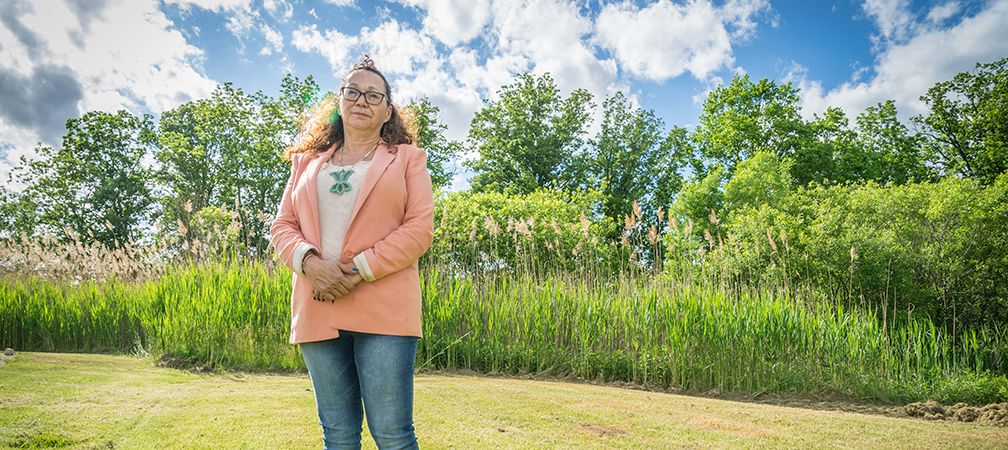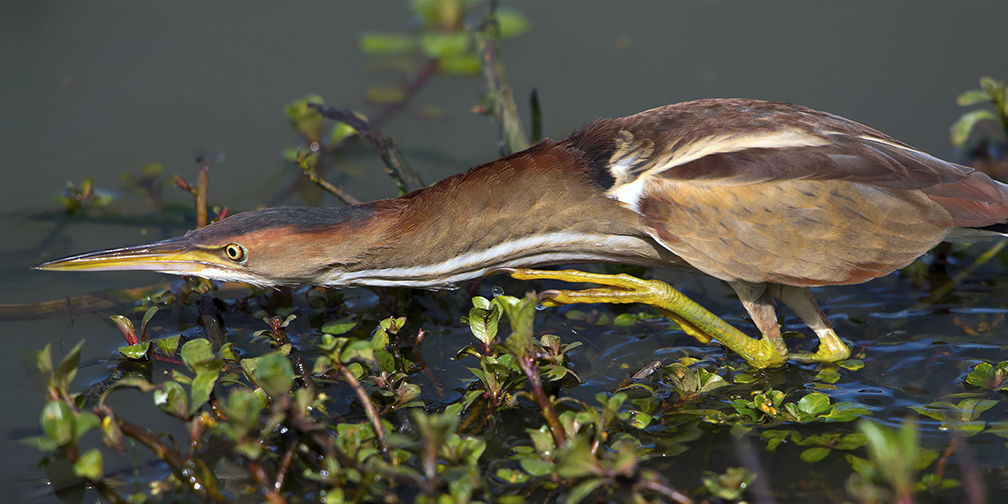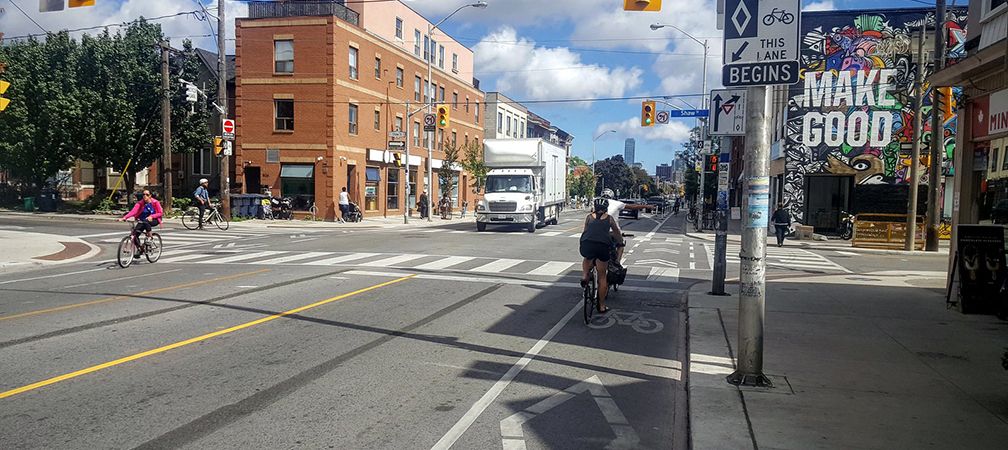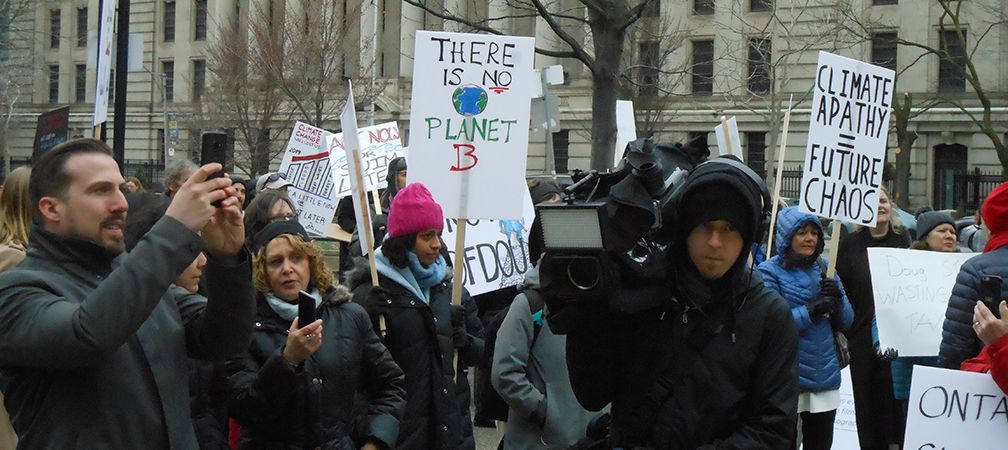Ontario Nature Blog
Receive email alerts about breaking conservation
and environmental news.
© Lora Denis
Earl Bales Park © binkwilder CC BY-NC-ND 2.0
A green and just recovery is the solution for a “better-than-normal” time, because getting “back-to-normal” is simply not enough until the COVID-19 pandemic is under control. To achieve a green and just recovery, we must listen to land defenders and climate activists in their ambitions to protect our food, water, and air. We must stand by the needs of all workers and communities, calling on our elected representatives to build towards a society driven by green jobs, climate action, and to ultimately maintain and protect the beautiful nature in Ontario. Collective action and collaboration efforts are necessary to ensure that no person – or ecosystem – falls through the cracks while returning a new normal.

A green and just recovery supports the empowerment of Black and Indigenous rights; reparations must be made. These communities, whose overrepresentation in the prison system reflects an impact on their wellbeing, are subject to environmental racism — racism that is ingrained within policies and decisions that disadvantage underserved community members. For instance, in 2020 alone, $16-million was spent on policing activists for “1492 Land Back Lane,” a movement aimed at protecting the inherent lands of First Nations in Ontario; particularly along the Grand River in southern Ontario, a traditional land base that has shrunk to roughly 5% of what it was 200 years ago.
To truly achieve justice, we must stand alongside these communities in the fight for not only land, but one of the basic needs of human life: water. Water inaccessibility disproportionately impacts Indigenous communities, and is the result of many years of colonization. The Government of Canada has extended its deadline goal to lift water boil advisories in these communities by at least two years, a delay that will prolong the water crisis for these communities. A green and just recovery for all should support regulations like Bill C-230, that actively look at components of environmental racism and dismantling the structures that withhold progressive social change.

Water is not only a human need, but a need for ecosystems to thrive. For a green and just recovery, we must hold our government accountable to meet climate incentives and protect our wetlands that have been depleted to the detriment of plants and animals, including the least bittern – one of the smallest herons in the world. Protecting our water – and in turn protecting our ecosystems and wildlife species – requires collective action.

It is necessary to invest in green jobs that produce services and protection for the environment. To develop the green job sector, we must learn from experts in the movement for a circular economy. Leadership for a green and just recovery is seen in municipalities like Peterborough, that have signed on to greatly reduce greenhouse gas emissions, or cities like Toronto that have recently invested $10-billion into green jobs in the public transit sector, getting cars off the road, building the way towards a greener city, employing people who have been financially and emotionally impacted by the pandemic, and empowering community members from the ground up.

Building a movement for a green and just recovery will require us to use our voices and get involved at the municipal and federal level to ensure we safeguard the wellbeing of our communities and natural environments, developing a better future for all.

Gananoque Lake Nature Reserve © Smera Sukumar
Looking forward to getting the blog